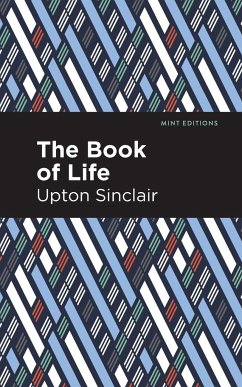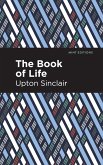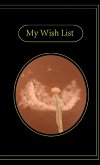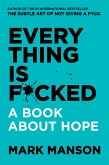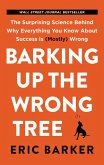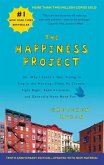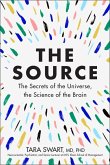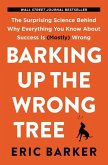Upton Sinclair's The Book of Life is a contains well founded advice and consists of two parts. The first part, Book of the Mind, covers spiritual topics such as faith, morality, and the subconscious. With intense conversations on the definition of each as well as their relationship and codependence on each other, Sinclair answers tough life questions and provides many thought-provoking ideas. While the first part of Sinclair's work concerns the intangibles in life, focusing on matters of the mind, the second part of The Book of Life elects to address physical topics. Book of the Body shares Sinclair's thoughts and research on diets, featuring discussions on how people should consume food, including fasting, and poisonous products. In this section he talks about diseases as well, citing their causes and offering advice on how to avoid them. Book of the Body also contains Sinclair's advice on love, marriage, and sex. With these topics, Sinclair focuses on both the mental and physical attributes of life, advising how to lead the most fulfilling life possible. Though some of his ideas and advice are dated, The Book of Life remains relevant and interesting to a modern audience. First, though philosophy has progressed since Sinclair's time, some human truths have remained evident and ever-present. Furthermore, this historical novel reveals the culture and world Sinclair was writing in, as well as allowing readers an intimate side of the esteemed author's personality. The Book of Life serves as an encouraging work for thought, action, and gives great insights for how Upton Sinclair lived and what he believed. This edition of The Book of Life by Upton Sinclair is now presented in a modern, readable font and features a striking new cover design. With these accommodations, contemporary readers are allowed unparalleled access to Sinclair's insight on love, sex, health, faith, and morality.

